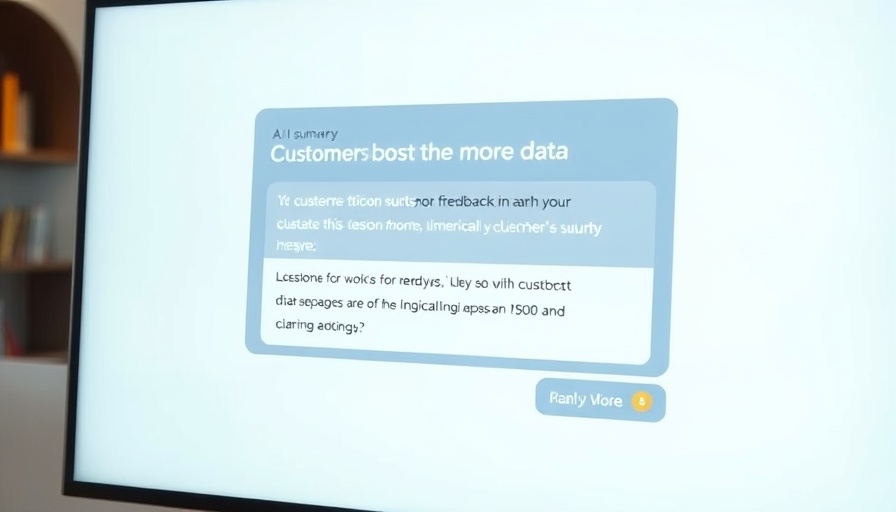
The Downside of Condescension: Understanding Negative Communication
There’s a familiar cringe we experience when we encounter someone who undermines our intelligence, often unknowingly. This feeling stems from condescending behaviors that are surprisingly common in both personal and professional environments. For individuals in leadership roles—such as CEOs, CFOs, and business owners—recognizing and mitigating condescending attitudes is crucial for fostering teamwork and productivity.
Why Condescending Behavior Happens
Condescension often arises from a mix of insecurity and arrogance. Some individuals feel the need to assert their knowledge or position, inadvertently diminishing the value of others. This type of communication can manifest in many ways but generally points to an underlying struggle with self-esteem or a desire to maintain control in interactions.
Top Condescending Behaviors to Avoid
The first step in addressing condescension is learning to recognize the behaviors that foster it:
- Explaining What’s Already Known: This is often termed “mansplaining,” but anyone can commit this faux pas. Assuming another person doesn’t understand something you do elevates you while minimizing their intelligence. In conversations, gauge the other person’s understanding before diving into lengthy explanations.
- Using Broad Generalizations: Statements that claim someone “always” or “never” does something create defensiveness. Phrasing feedback in softer terms, such as “I’ve noticed you’ve been late a few times recently” opens a dialog rather than shutting it down.
Nonverbal Communication: The Silent Influencer
A significant component of human interaction is nonverbal communication; studies indicate that up to 90% of communication is nonverbal. Body language, tone, and eye contact play vital roles in how we are perceived. By being mindful of these aspects, one can convey respect and understanding, reducing the chances of coming across as condescending.
Creating a Positive Work Environment
For business leaders, fostering a positive work culture is essential for operational success. Conscious avoidance of condescending behaviors can significantly bolster workplace morale. Practicing active listening and encouraging two-way conversations helps create an environment where all team members feel valued and heard.
Interested in Improving Communication?
To cultivate effective workplace communication, consider attending workshops focused on leadership development and communication skills. Investing in professional growth not only benefits individual leaders but also enhances overall team dynamics.
Recognizing and modifying condescending behaviors can redefine your interactions and promote a culture of mutual respect. Embrace the opportunity to engage with your colleagues in a way that uplifts everyone and fosters collaboration.
 Add Row
Add Row  Add
Add 



Write A Comment